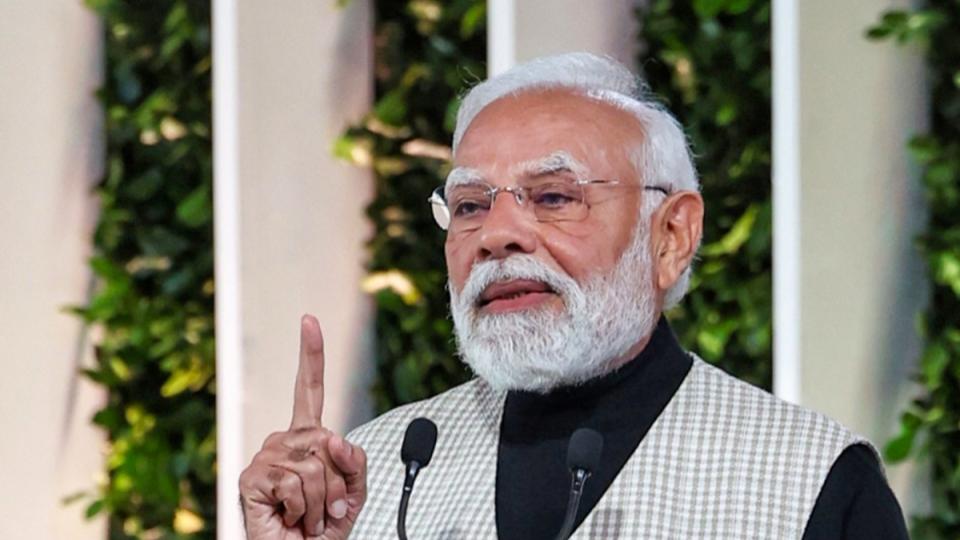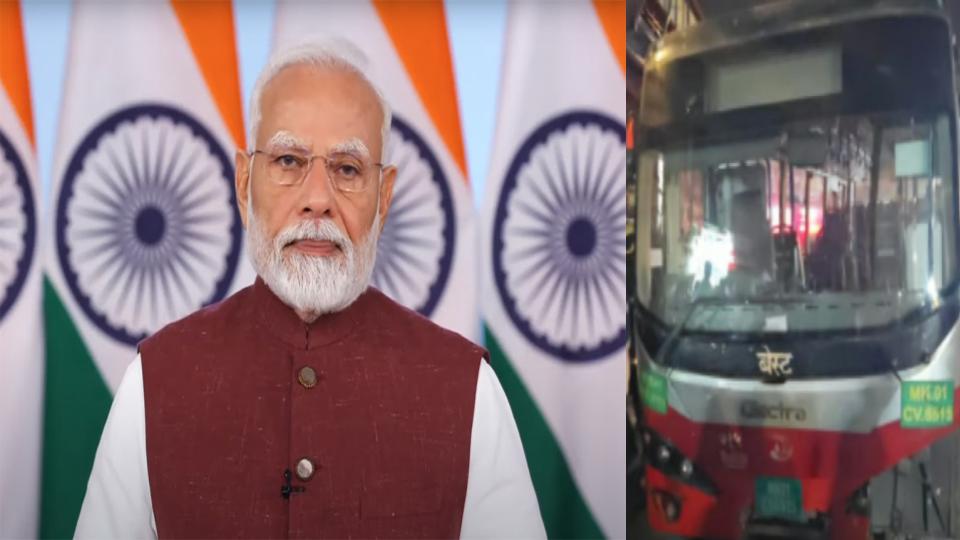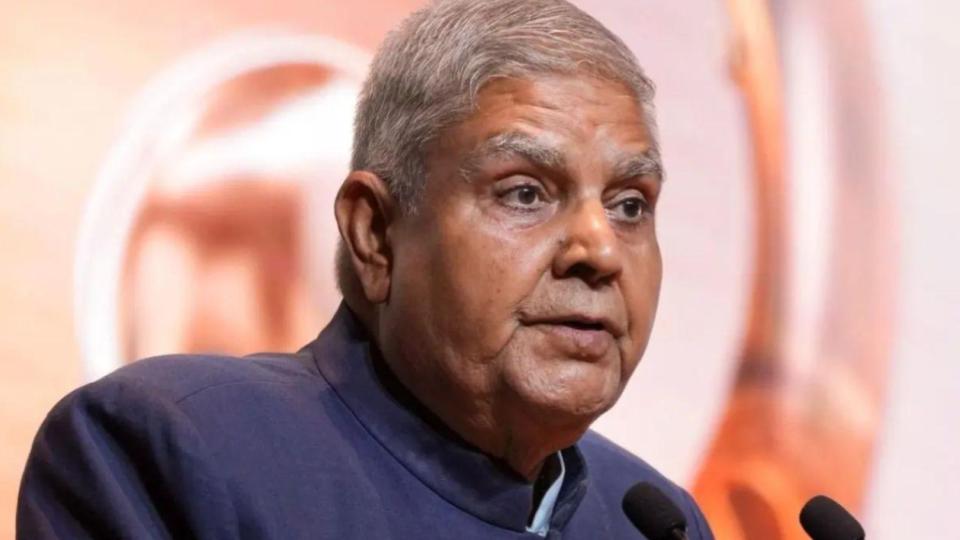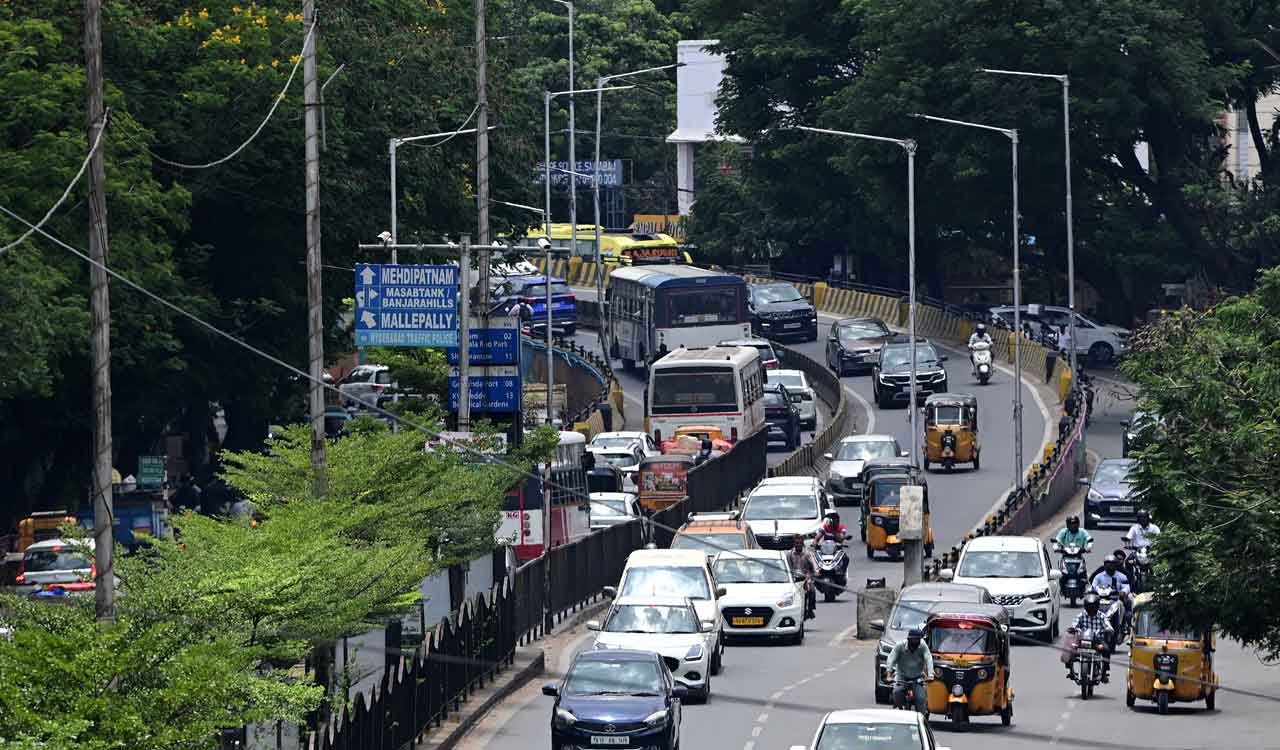PM Narendra Modi inaugurate world's largest cellphone factory in Noida
Mon 09 Jul 2018, 17:33:15

Samsung Electronics Co., the South Korean maker of Galaxy phones, said it is opening the world's largest mobile phone manufacturing facility on the outskirts of Delhi, as smartphone demand surges.
The factory in Noida will be inaugurated by Prime Minister Narendra Modi and South Korean President Moon Jae-in this evening.
"The opportunity is just massive," said Faisal Kawoosa, who heads new initiatives at researcher CMR Pvt. "Such a large facility will help Samsung cater to the huge demand in a country of 1.3 billion people where there are only 425 million smartphone users."
Since taking power in 2014, PM Modi has pushed his "Make in India" initiative, which encourages companies to set up plants in the country, as the nation attempts to bolster domestic manufacturing. India attracted the highest ever foreign direct investment in the past year with inflows totalling $62 billion.
India's smartphone market grew 14 percent with total shipments of 124 million units in 2017, the fastest pace of growth among the top 20 markets, according to
International Data Corp. Demand for new phones is surging in India, helped in part by billionaire Mukesh Ambani offering $23 4G feature-phones, free voice services and cheap data plans. Chinese smartphone maker Xiaomi Corp. said in April it will set up three more factories in India.
International Data Corp. Demand for new phones is surging in India, helped in part by billionaire Mukesh Ambani offering $23 4G feature-phones, free voice services and cheap data plans. Chinese smartphone maker Xiaomi Corp. said in April it will set up three more factories in India.
The new Samsung factory will have the capacity to fabricate 120 million smartphones per year, and make everything from low-end smartphones that cost under $100 to the company's flagship S9 model, according to the company.
Indians favor low-end smartphones priced at $250 or less, given the low average annual income of its people, according to Bloomberg Intelligence. That's one reason why Apple Inc. has struggled to gain market share in India, with most iPhone models priced beyond $500, according to a Bloomberg Intelligence report earlier this month.
Last year, India overtook the U.S. last year to become the world's second-largest smartphone market after China. There will be 780 million connected smartphones in 2021, compared with 359 million in 2016, according to a study by Cisco Systems.
No Comments For This Post, Be first to write a Comment.
Most viewed from National
Most viewed from World
AIMIM News
Latest Urdu News
Most Viewed
May 26, 2020
Can Lionel Messi's visit boost Indian football?
Latest Videos View All
Like Us
Home
About Us
Advertise With Us
All Polls
Epaper Archives
Privacy Policy
Contact Us
Download Etemaad App
© 2025 Etemaad Daily News, All Rights Reserved.

















.jpg)



















.jpg)
.jpg)
.jpg)


